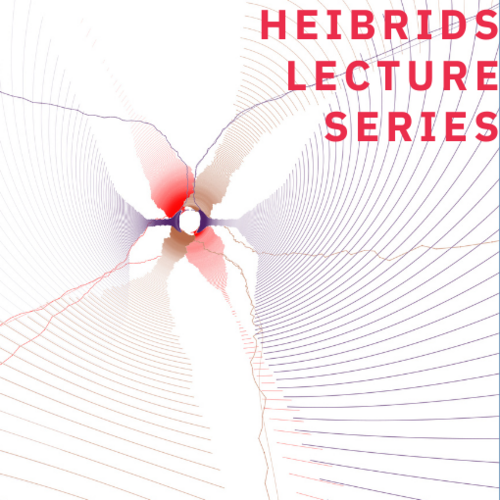1. Machine Learning for understanding tumour evolution 2. Binning directories: An efficient data structure to query kmers in partitioned string sets
Speaker 1: Roland Schwarz, MDC
Observational astronomy has expanded over the last decade to include two major new varieties: time-domain and multi-messenger astronomy. In time domain astronomy, we observe the beginning and aftermath of explosions and disruptions of stars on time scales from seconds to months. In multi-messenger astronomy, we combine observations with photons, neutrinos, and gravitational waves into a more complete picture of the most violent processes in the universe. Fully exploiting these techniques requires different approaches to data distribution and analysis than are typical in astronomy. In this talk I will review the kinds of problems that arise in real-time astronomy, and illustrate how they are addressed in the online analysis systems developed for the IceCube Neutrino Observatory at the South Pole and the Zwicky Transient Facility on Mount Palomar.
Speaker 2: Knut Reinert, FU-Berlin
The talk will present several ongoing research topics at the chair of Knowledge Management in Bioinformatics that are concerned with applications of machine learning techniques in biomedical research. Concrete examples will cover entity recognition in scientific articles, black-box methods for predicting runtimes of tasks in large distributed dataflows, and signal deconvolution for the study of pancreatic tumors.

